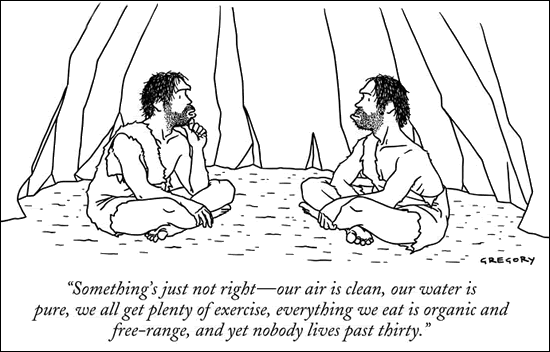D
deleted432032
Is the DNP a doctorate degree? Yes. Should those that hold it call them selves doctor in a medical setting? No. Why? Because the term doctor in a medical setting is associated with a physician. Please let's not confuse a medical setting with a non medical settings, such as a psychologist or dentists office (yes, those may be poor choices for examples). I have never heard anyone from those settings call themselves or refer to them selves as a doctor outside of their respective areas.


